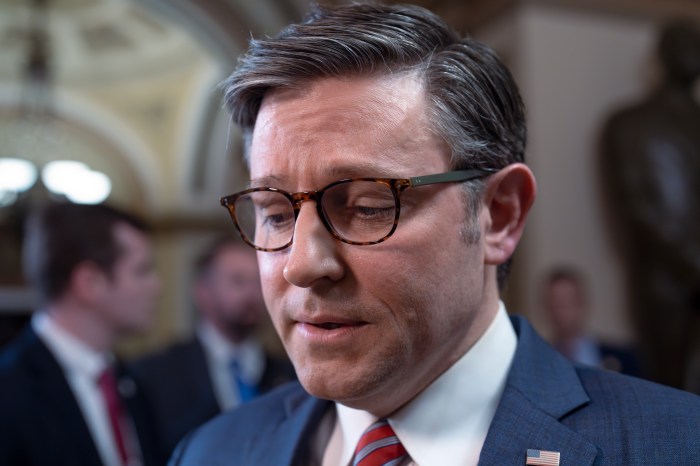The developer will prepare the first year’s budget for brand new condominiums. Prior to calculating a budget, it is very important that a new builder acquires the services of an experienced consultant or management company.
Especially since Section 75 of the Condominium Act of Ontario requires a developer to pay any deficiency that is outstanding at the end of the first year after the condominium is registered.
In other words, if the total expenses for the first year, based on the builder’s budget, exceed the amount of condo fees collected, a shortfall will exist.
This shortfall must be paid back to the condominium corporation by the builder, with the exception of any expenses attributed to the termination of an agreement under section 111 or 112 of the Act.
Each year, existing condominium corporations are faced with the critical task of setting out their yearly budget.
Boards of directors have a fiduciary responsibility to the owners. They are responsible for the management of the owner’s money and are accountable to them.
When a board is considering their new yearly budget, they should refer back to the prior year. This practice will alleviate repeating oversights or shortfalls that may have occurred.
For instance, are utility rates expected to increase? Does the condominium require any additional insurance coverage and is the reserve fund sufficient or does it require topping up, etc.?
Many expenses on the operating side of the budget are fixed.
These are general, landscaping, security, management fees, mechanical maintenance (elevators), cable TV and so on.
Fixed costs make up about 80 per cent of the operating budget. Costs that are estimated are mostly repairs and maintenance of building components.
If unforeseen changes that may affect the original budget are forecast, then directors could submit a supplementary budget.
This type of budget should cover the expenses of the operation of the property for the remaining portion of the current fiscal year.
In the course of each year, the budget should be prepared at least 10 weeks prior to the end of the then current fiscal year.
For most existing condominiums, the fiscal year end is usually December 31 and in this case, owners will receive their next year budget and notice of common expenses in mid or late November.
Remember, the yearly budget set out for the owners is only an estimate determined by the board of directors.
If there is a shortfall, the directors will have to collect this money through a direct special assessment issued to each owner or by increasing the monthly common expenses.
Every corporation has limited funds.
A good budget serves as a tool to live within one’s means.
Living within a condominium budget requires close watch on all current as well as future expenditures.
Marilyn Lincoln is a condo manager/director and author of The Condominium Management Guide 2nd Edition. Send questions to marilyncondoguide@hotmail.com


















